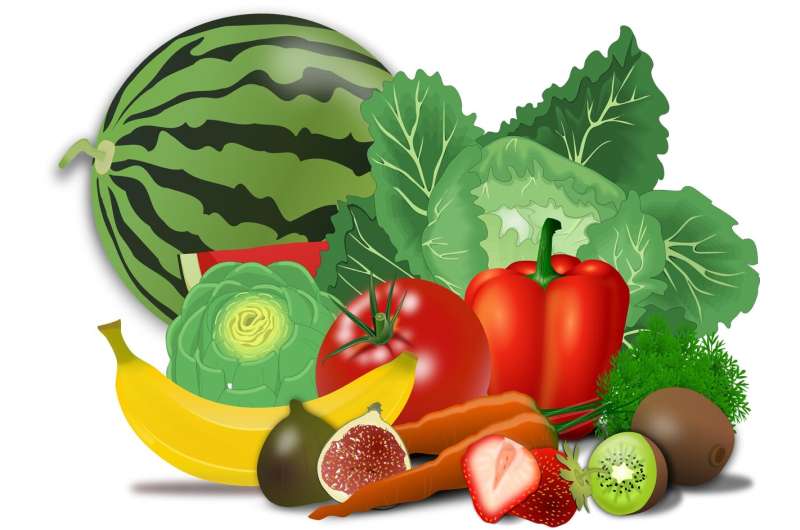Rethinking Fruit and Vegetable Intake: How Much Do We Really Need Daily?

Recent research suggests increasing daily fruit and vegetable intake beyond the traditional five servings can significantly reduce the risk of chronic diseases and improve longevity. Learn how to boost your diet today.
Celebrity chef Jamie Oliver has sparked discussion by challenging the well-known 'five-a-day' message, suggesting that the health benefits of consuming fruits and vegetables become more significant at seven, eight, or even eleven portions daily. While reducing the recommendation to just five servings was originally based on practical considerations, emerging research indicates that increasing daily intake offers even greater health advantages.
The origin of the five-a-day guideline, launched over two decades ago in the UK and Ireland, was never intended to be an ideal or maximum target. Instead, it was a compromise—balancing scientific evidence with public health practicality to create a simple, memorable, and achievable goal to encourage healthy eating habits. Despite its widespread recognition, many adults still do not meet this benchmark.
Recent studies suggest that aiming higher can significantly improve health outcomes. A comprehensive meta-analysis involving over 2 million individuals found that consuming about ten servings of fruits and vegetables daily provided the greatest reduction in risks related to chronic diseases such as cardiovascular conditions and cancer. Similarly, a UK study reported that individuals who eat seven or more portions each day have a 42% lower risk of death compared to those consuming fewer than one portion.
Internationally, dietary patterns in countries like Japan and the Mediterranean region illustrate that higher intake levels are associated with longer lives and lower rates of heart disease. These findings reinforce the message that increasing fruit and vegetable consumption yields tangible health benefits.
But what exactly counts as a portion? The World Health Organization defines a standard serving as roughly 80 grams—equivalent to a handful of fruit or vegetables, two broccoli spears, or three heaping tablespoons of peas. Incorporating these into meals is simple: add berries to breakfast, include salad in sandwiches, or double up vegetables at dinner. Eating a variety of colors daily—commonly called 'eating the rainbow'—enhances nutritional benefits even further.
It's a myth that only fresh produce counts; frozen, canned, and dried options are equally nutritious and often more affordable and longer-lasting. Juices and smoothies do contribute to vegetable intake but count as only one portion daily due to sugar content.
Ultimately, while five servings is a solid starting point, striving for more—such as ten—is a wise goal for anyone serious about improving their health. As Jamie Oliver points out, aiming higher could lead to substantial health gains, and incorporating more fruits and vegetables into your diet is a step toward better long-term well-being.
Source: https://medicalxpress.com/news/2025-09-jamie-oliver-fruit-veg-day.html
Stay Updated with Mia's Feed
Get the latest health & wellness insights delivered straight to your inbox.
Related Articles
Morning Eating Habits May Boost Long-Term Weight Loss, Especially for Those with Genetic Predispositions
Eating meals earlier in the day can promote long-term weight loss and may help offset genetic susceptibility to obesity. Discover the latest findings on meal timing and metabolic health.
The Science Behind Popular Supplements: Chlorophyll and Collagen Explained
Exploring the scientific evidence behind popular wellness supplements like chlorophyll and collagen, and whether their health benefits are supported by research or just marketing hype.
Kimchi: A Fermented Korean Side Dish with Heart Health Benefits and Unique Flavor
Discover how kimchi, a traditional Korean fermented side dish, offers numerous heart health benefits and a unique, flavorful experience. Learn about its nutritional value, health properties, and cultural significance.
Do Nut Consumption in Children Require Limiting Due to Fat Content?
Learn why parents should not limit their children's nut intake due to fat content. Nuts are packed with healthy fats and vital nutrients that support children's growth, immunity, and weight management. Early introduction can also reduce allergy risks.



